

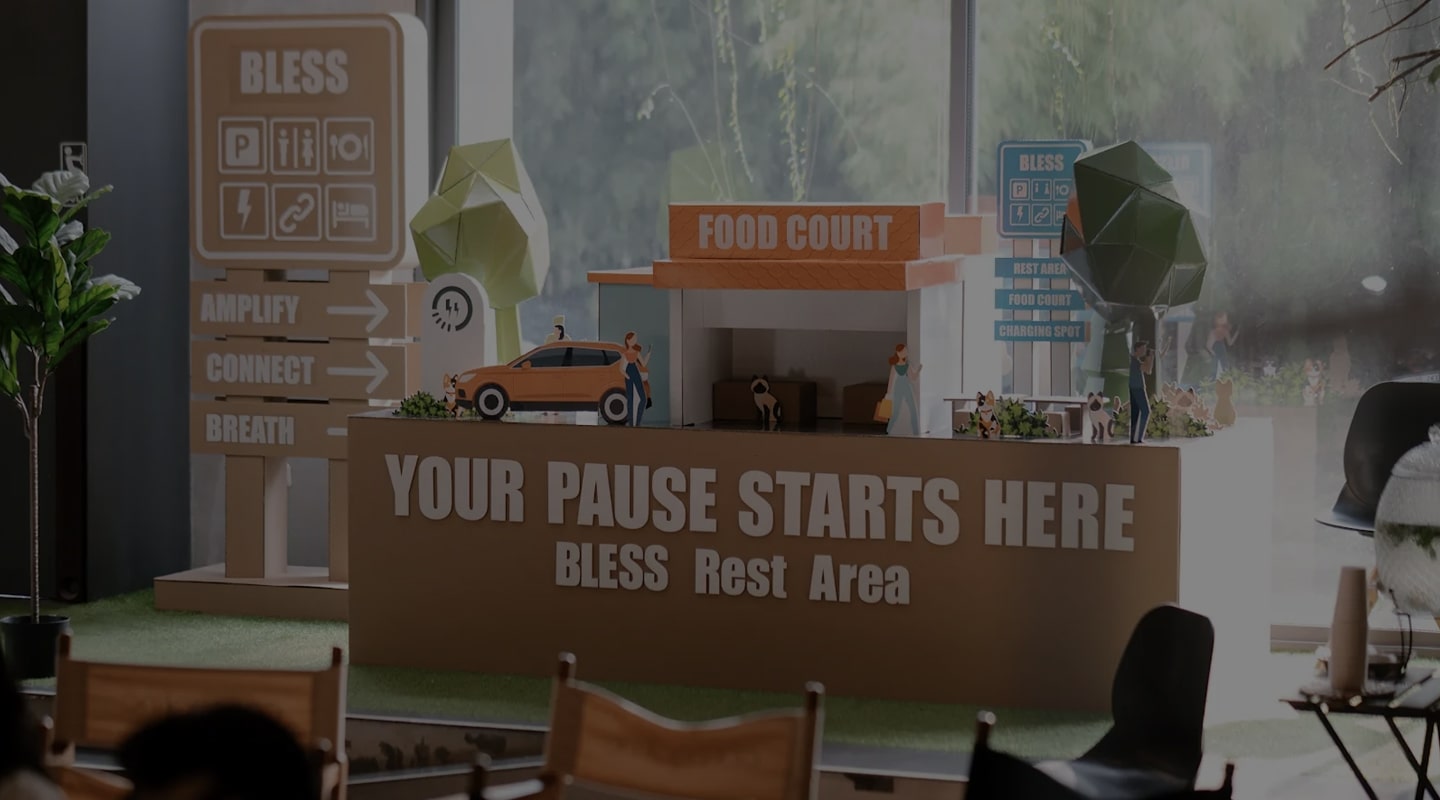

Energizing Leaders,
Redefining Future.
BLESS is a rhythm keeper for those building a regenerative economy rooted in a balanced connection between humans and nature.
Shifting toward nature-positive strategies in policy and investment could generate over US$10 trillion in economic value each year and support the creation of nearly 400 million jobs worldwide by 2030
Leaders with emotional resilience are 45% more likely to sustain long-term initiatives and systemic change.
Leaders with access to structured emotional support (such as retreats and reflective practices) are 30% more effective at implementing cross-sector change.
75% leaders felt physically and mentally exhausted, but the majority felt guilty if they took a break that did not directly contribute to their mission. The data is based on BLESS x Tanah Air Lestari assessment of 19 systemic individuals.

Reflections and Pathways from BLESS 2024
Insights from our journey to reimagine leadership and economy.
The Problem We Are Addressing
Indonesia’s economic growth has long relied on extractive industries and large-scale monoculture models that have strained its ecological balance and long-term resilience. With the majority of Indonesia’s investment target going towards extractive industry until 2040, this is an urgent challenge to be addressed.

There is a growing shift toward economic models that nurture relationships, respect life, and operate in harmony with people and nature. However, the scale of these initiatives are considered too anecdotal and minuscule to be considered as a viable alternative economic option for Indonesia.
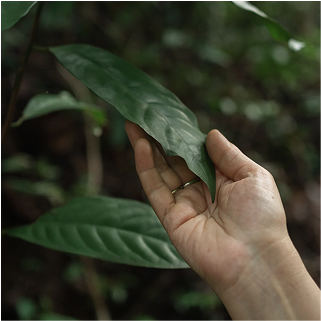
At the heart of the positive shift are the individuals leading and influencing the system. Their decisions, values, and way of showing up guide how change happens. However, many leaders face constraints between urgent demands and deeper values, often feeling disconnected from their purpose, their communities, and even themselves. When those carrying the weight of change begin to lose their footing, the systems they work within can drift without direction.

Our Approach to Shifting Systems
To build an economy that serves both humans and nature, we must realign the systems that shape our future — from government and markets by leveraging the power of public narratives and knowledge flows.
BLESS works to influence these systems by building bridges, creating evidence, and supporting transformation from within because systemic change doesn’t happen in silos.

Goverment

Market

Narrative

Knowledge
How We Energize Leaders:
Breathe. Connect. Amplify.
We believe that leaders are the key to systemic change, but they need space, clarity, and community to thrive. That’s why we create spaces that re-energize them through breath, connection, and amplification.
The leaders we energize move within governments and markets, fueled by the momentum of public narratives and the flow of shared knowledge.
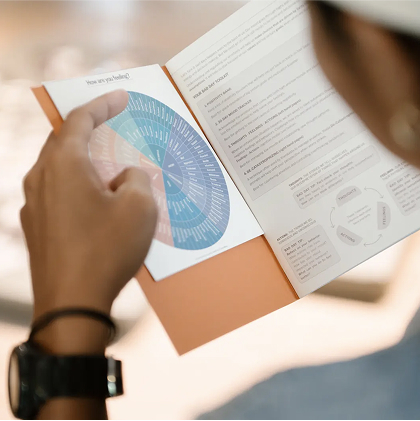
BREATHE
Emotional clarity through reflection, pause, and well-being
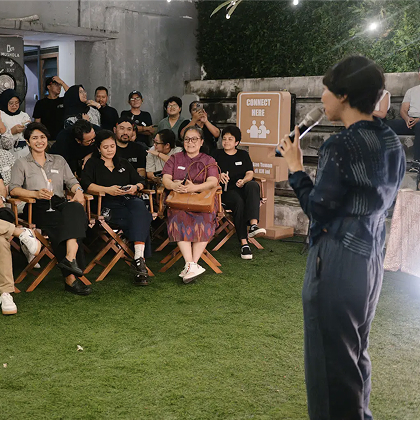
CONNECT
Cross-sector collaboration across systems
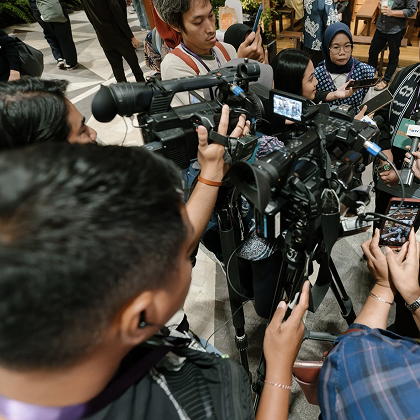
AMPLIFY
Systems thinking, co-creation, and experimentation to accelerate impact.
Programs That Activate Our Mission
From inner resilience to systemic innovation, our programs support leaders to shift both behavior and structures.

Leadership Resilience Development
Support for leaders to rest, reflect, and regain clarity through tailored retreats, emotional resilience tools, and deep listening.
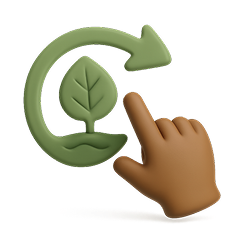
System Change & Nudges
Support for leaders driving bold policy, business, and behavioral change — rooted in local context, data, and courage.
How We Redefining Future
The future we’re helping shape for 2045 is one led by resilient leaders, thoughtful policies, and regenerative ecosystems.


